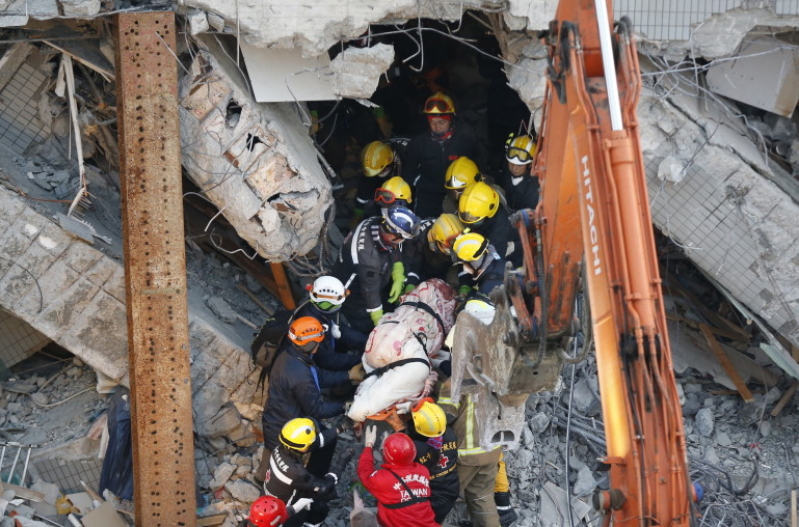
Immediately after a magnitude 6.4 earthquake shook Taiwan, rescue workers descended upon the city of Tainan, where a 17-story apartment building collapsed on Feb. 6. During their rescue efforts, the workers came across the ruins of the building and were surprised to see tin cans lining the interior of its smashed pillars.
Based on eyewitness accounts and photos from the site, officials were able to confirm that tin cans for cooking oil were used in the construction of the Weiguan Jinlong building's beams. Following the disaster, an investigation was launched regarding the structural stability of the apartment which led to the arrest of the executives of the Weiguan company, according to the International Business Times.
The executives, including Chang Kui-an, Chen Chin-Kui and former chairman Lin Ming-hui, have been charged with professional negligence resulting in death. However, it is still unconfirmed if the charges are related to the use of tin cans since according to a structural engineer, these may have only been used for aesthetic purposes.
The engineer, Tai Yun-fa, told China's Central News Agency that before Taiwan was hit by a magnitude 7.3 earthquake in 1999, cans were commonly used in the construction of buildings in the country. The purpose of these is to act as fillers to make the pillars appear thicker.
Since the Weiguan Jinlong apartment was erected in 1983, it did not come as a surprise that its beams had cans inside them. He noted that these were probably just added for aesthetic purposes and not for structural support.
However, despite the legality of using tin cans, victims from the collapsed building can't help but blame its developers for what happened. As pointed out by Elise Hu, a correspondent for NPR, the apartment complex was the only building that fell in the area. This, of course, highlights the possibility that the building was constructed poorly.
"The building essentially collapsed onto itself," she told CNN. "When you see the aerial images around Tainan, the rest of the buildings are standing. But this particular apartment complex is as damaged as it is."
Currently, the death rate due to the earthquake in Taiwan has already reached 39. Although over 300 individuals have already been rescued from the fallen building, more than 100 residents are still unaccounted for. This means there is still a chance that the death toll from the disaster that occurred as the country was preparing to celebrate the Lunar New Year could still increase.






